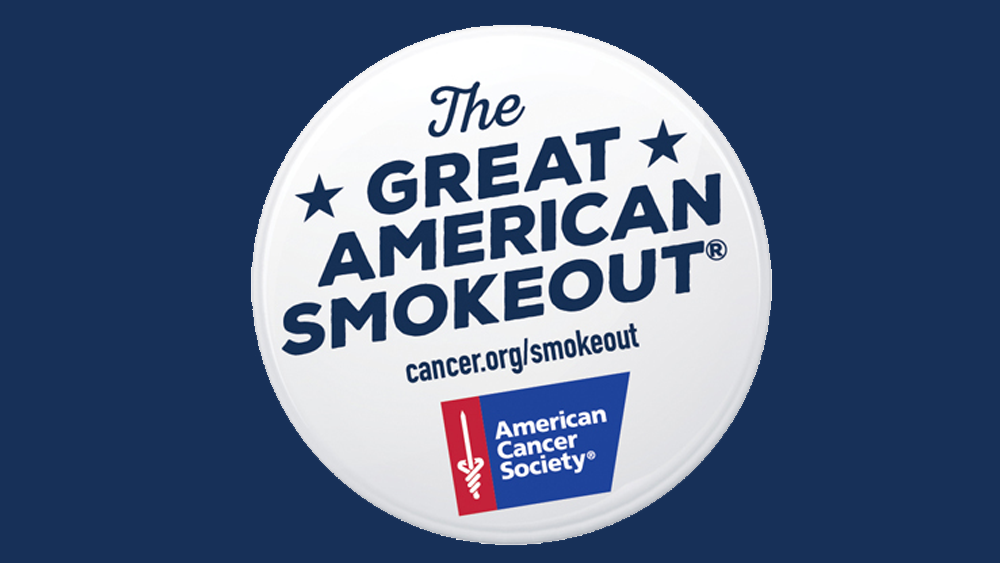
The Great American Smokeout is Thursday, November 16th. This annual event encourages individuals across the United States to quit smoking and start a healthier, smoke-free life. In recognition of this day, the Pediatric Asthma Program and Adolescent Medicine have teamed up to share tips on how to keep children and teens with asthma protected from smoke exposure and highlight the importance of smoking cessation.
What effect does smoking/vaping have on children and adolescents with asthma?
Smoking/Vaping is a known trigger for asthma, and it can make the condition worse. The smoke irritates the airways and causes inflammation, leading to symptoms like coughing, wheezing, shortness of breath, and chest tightness.
How does exposure to secondhand smoke affect children with asthma and what steps can be taken to reduce their exposure to secondhand smoke?
Children with asthma who are exposed to second-hand smoke are more likely to experience more severe and frequent asthma attacks, which can lead to hospitalization and other serious complications.Parents and caregivers should make a conscious effort to keep smoking away from children (by wearing a smoking jacket, or stepping outside of the home when smoking) and limit their exposure when around others who smoke.
What are some strategies for teens who want to quit?
It is important for teens to start with making a personalized quit plan and focusing on the reasons for quitting which can help keep them on track. Avoiding possible triggers that may lead to vaping (certain people and situations) and trying to stay positive are both also keys to quitting. There are many free tools and resources which include websites and text message programs; www.teen.smokefree.gov/quit-vaping is a great site with many useful links. Finally, teens should be encouraged to ask for support. Talking to friends, family members and medical providers (particularly if the teen is experiencing signs of nicotine withdrawal) can really help!

